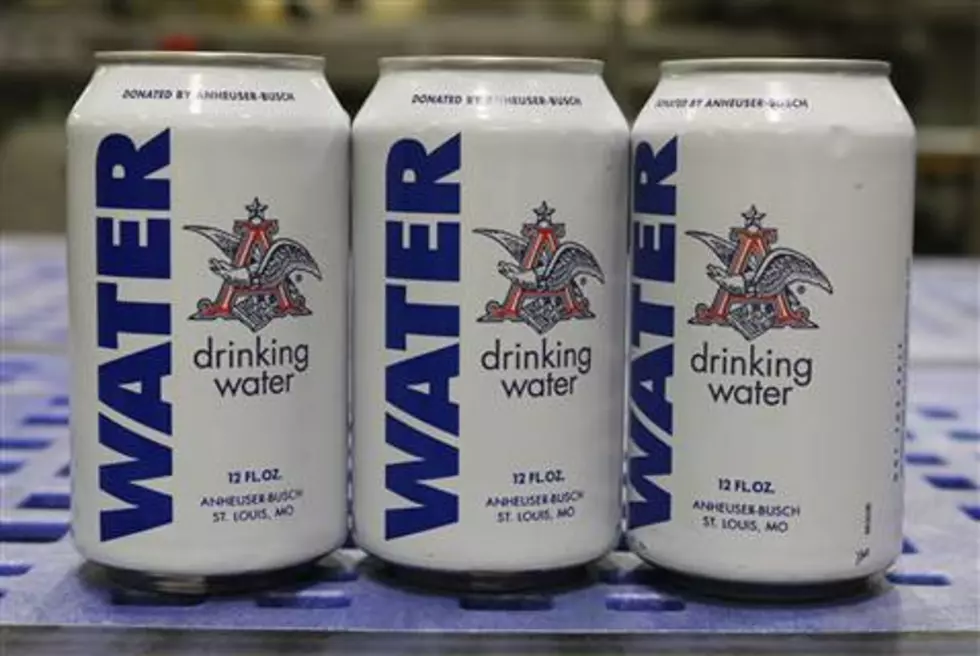
Three Things to Think About Before You Donate to Hurricane Harvey Victims
Everyone wants to help.
That's the one positive thing that happens after natural disasters. I've seen it first-hand. What people will do for one another in times of crisis is simply amazing. If you need to feel good about the human race, the recovery efforts after this storm will provide you with plenty of excellent examples of love and decency.
But human beings are still human beings. They're messy, and sometimes even when their intentions are pure, things can go wrong. And of course, there are always the bottom-feeders and scumbags who find ways to profit off times like these.
Everyone wants to help, but knowing HOW to help is just as important. So before you start donating, let me give you three quick things to think about so the WAY you help does the most good for people.
1. Cash is still the best way to get resources where they need to go.
Because those bottom-feeders and scumbags are out there, people often feel better about donating goods to relief efforts than cash. And that does make a lot of sense. But the truth is, items are troublesome. Don't take my word for it:
Money is easy to transport. Moving a container of donated goods can cost more than the value of the items. Getting a donated commodity into containers and onto a ship ... to the disaster site ... quality checked, quantity checked and sorted, and organized into warehouses, requires payment at each step. Supplies can almost always be purchased locally at the disaster site and provide savings in multiple ways. -- Center for International Disaster Information
That doesn't even take into account that the disaster area isn't always capable of holding the items. Your heart is in the right place, but ultimately, your efforts could go to waste. Unless officials put out a specific call for items, cash remains the best way to help.
2. Give that cash to a reputable organization
This is the one that sucks the most to point out. A lot of different "organizations" will have their hands out looking for "donations" during relief efforts. Not all of them are scams, by the way, but that doesn't mean they're really equipped to help. As always, the American Red Cross is the safest, most effective place to put that cash donation. Not only do they exist for the sole purpose of helping disaster victims, they have systems in place to make sure the money goes where it is needed.
Vox has a really good list of organizations that are reputable, including:
- All Hands Volunteers -- a non-profit working in the same vein as the Red Cross.
- Global Giving -- a crowdfunding site designed for disaster relief.
- Americares -- an organization focused on the medical side of disaster relief.
Others include local food banks and organizations like The Humane Society.
You can also check out Charity Navigator, a resource that tracks and ranks non-profits, if you're unsure about any organization asking for relief donations.
3. The disaster doesn't end when the storm passes
In a week, Hurricane Harvey will be gone, but some people's lives are already forever changed. They will need your help today AND tomorrow. Again, stay with reputable organizations, but know that another donation down the line can be just as impactful as one made at the start of the storm.
More From KKTX FM









